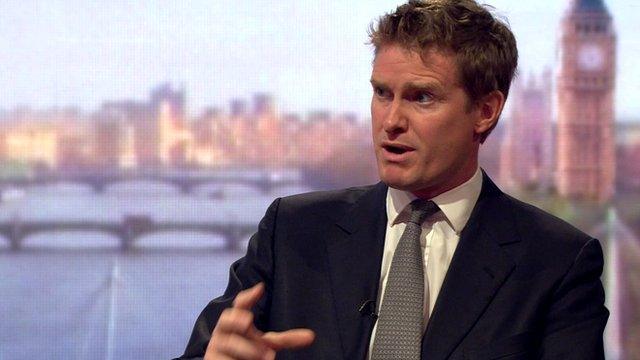Government selects panel to review the future of the BBC
- Published
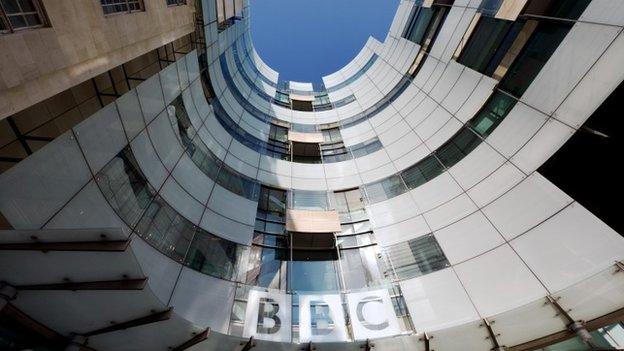
The BBC's royal charter is set to expire at the end of 2016
The government has set up an advisory panel to carry out a fundamental review of the BBC.
Culture Secretary John Whittingdale has appointed eight people to work on the renewal of the BBC's royal charter - which sets out the corporation's remit.
Dawn Airey, former boss of Channel 5, and Dame Colette Bowe, former chairwoman of Ofcom, are among the advisers.
The current BBC charter is set to expire at the end of 2016.
Ms Airey, who is an executive at Yahoo, has previously called for the licence fee to be cut and to consider charging for website output.
Former BBC Trust Chairman Sir Michael Lyons: "There is no mention of how the public, who pay for the BBC, are going to be involved"
'Important issue'
Meanwhile, The Sunday Times has reported, external that a government green paper is due to be published on Thursday which will ask fundamental questions about the BBC's role, including whether it should stop chasing viewers and provide more public service programmes.
The green paper will look at exploring options to replace the £145.50 licence fee, with a household tax or subscription system, the paper said.
It will also suggest that the BBC website should be scaled back, question whether the corporation's news fulfils its obligation to be impartial, examine whether more of the broadcaster's output should be independently produced and consider the future of BBC Worldwide - the corporation's commercial arm - the paper reported.
The Sunday Times also said the green paper would look at replacing the BBC Trust with Ofcom.
Sajid Javid: "Having changes around the licence fee is not too rare"
Mr Whittingdale said: "Each member of the independent advisory group brings individual skills, experience and expertise.
"Together they will contribute to the oversight of the government's review of the BBC royal charter. I look forward to working with them on this important issue."
Other members of the panel include: Shazam executive chairman Andrew Fisher, Arts Council England boss Darren Henley, Johnston Press chief executive Ashley Highfield, former Shine Group chief executive Alex Mahon, digital entrepreneur Lopa Patel and journalism professor Stewart Purvis, a former editor-in-chief of ITN.
Mr Whittingdale's predecessor Sajid Javid, now business secretary, said the charter review should address what the BBC broadcasts and its "internet capabilities".
The discussion about changes to the BBC around licence fee renewal time was nothing new, he told the BBC's Andrew Marr Show, but bigger issues needed to be dealt with in the charter review. He refused to be drawn on whether the BBC should be smaller.
"Some of the assaults which certain newspapers are leading, with the Conservative party, against the BBC is really very worrying", Labour's Tristram Hunt
Labour's shadow education secretary, Tristram Hunt, accused the government of an "unpatriotic" approach to the BBC which, he said, was part of the British identity and "one of our great public institutions".
Sir Michael Lyons, chairman of the BBC Trust from 2007 to 2011 said the corporation was coming under "intense pressure" and was facing a "hand-picked panel by John Whittingdale replacing the Trust... and not even a mention of how the public, who pay for the BBC are going to be involved".
"I think this is a matter for real concern," he added.
He said there was always room for debate over what the BBC does but the government's approach "feels like the beating up of the BBC to make it more compliant, less bold and that's really not in our national interest".
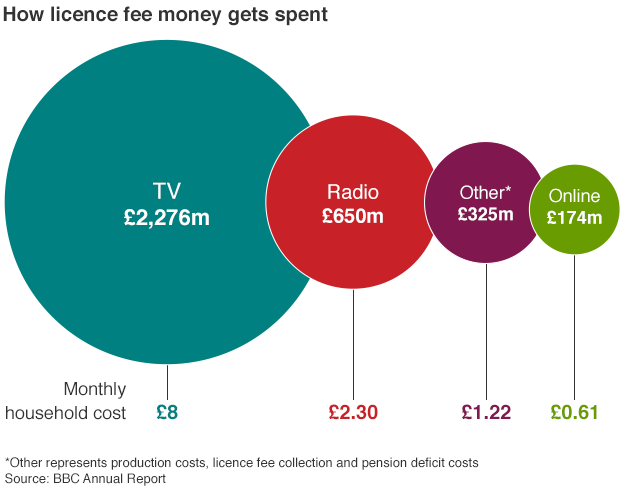
Earlier this month the BBC announced, after negotiations with the government, that it would take on the £750m cost of free TV licences for people over the age of 75.
BBC director general Tony Hall said the deal gave the corporation "financial stability and the ability to plan for the future".
However writing in the Observer Lord Hall, external said the negotiation process should not happen again.
He writes that "...although the BBC used this pre-Budget window of opportunity to reach a fair deal, it is not a process we would have chosen and it is not a process that should be repeated.
"I believe that for future negotiations the debate about the BBC's scale and funding should be taken out of the political cycle."
- Published4 June 2015
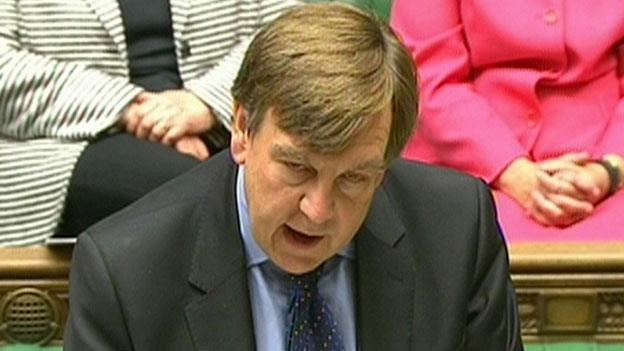
- Published7 July 2015
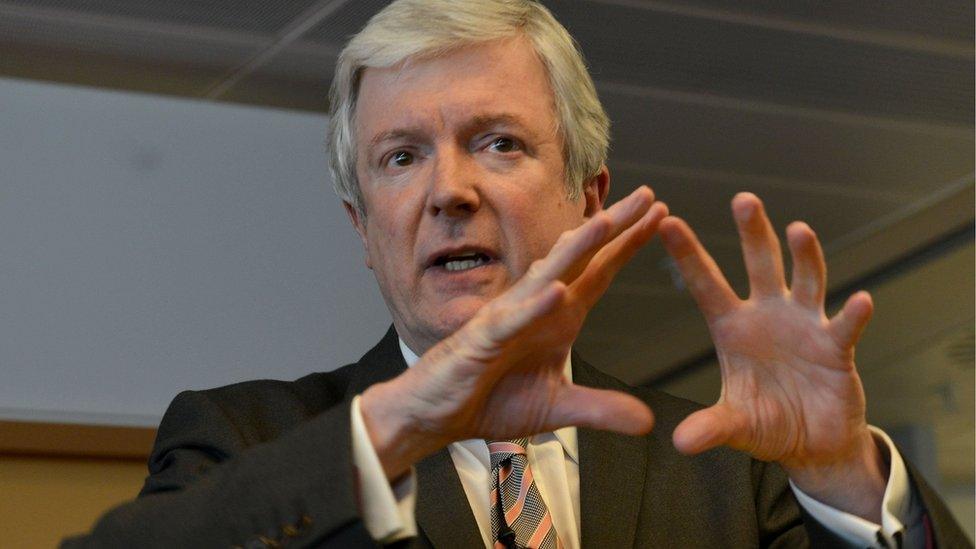
- Published12 July 2015
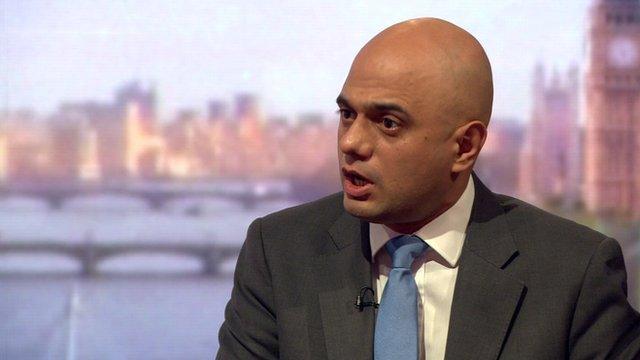
- Published12 July 2015
